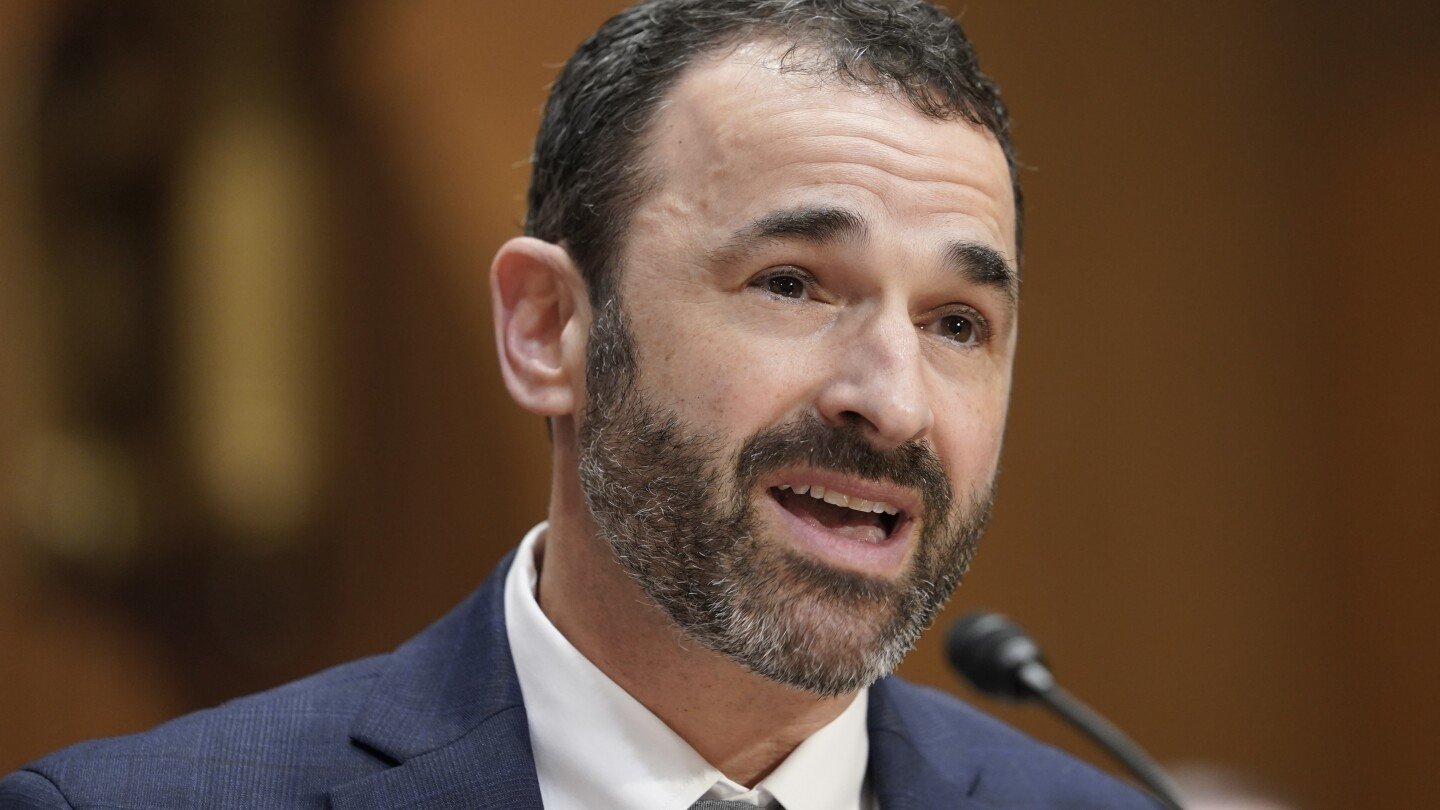IRS Commissioner Daniel Werfel said that with a boost in federal funding and the help of artificial intelligence tools, the agency has new means of targeting wealthy people who have “cut corners” on their taxes.
“If you pay your taxes on time it should be particularly frustrating when you see that wealthy filers are not,” Werfel told reporters in a call previewing the announcement. He said 1,600 millionaires who owe at least $250,000 each in back taxes and 75 large business partnerships that have assets of roughly $10 billion on average are targeted for the new “compliance efforts.”



I’m a cpa, and from what I can tell I’m the only one on Lemmy, god help me, so I’ll chime in.
Partnerships with $10 billion assets are no joke so I would imagine they are businesses like real estate holding companies, hedge funds, private equity, venture capital, things like that. Probably clients of a Big 4 like PWC Deloitte EY or KPMG.
The thing about entities like that is that they tend to be insanely complicated with TONS of moving parts. They’ll be dealing with complex financial instruments, partners coming in and out, financing structures that aren’t at all straightforward (if you’ve seen Shark Tank Mr Wonderful is infamous for offering complex financing deals rather than straight equity deals) plus international tax complications, book/tax timing differences, and all kinds of other stuff I can’t begin to get into.
Oh, and that’s just the tax side of it all. That’s not even starting to talk about the actual accounting, recording the transactions, balance sheets, income statements, and so on, which is an enormous layer of complexity before we even think about tax. Zillions of moving parts with plenty of room for errors and omissions.
Partnerships don’t pay tax at the business level so the individuals who own them need to report the income and activity on their personal returns and pay tax at that level. It’s not at all easy reporting their share of activity from entities like hedge funds and PE so plenty of mistakes are made, some quite substantial. Im guessing they are going to look at the partnerships first and compare to the biggest owners returns to make sure everything jives.
I find this news great. Our industry often faces challenges due to time constraints, budget limitations, client-provided data quality, logistics, and so on. Unethical behavior is rare among practitioners, but there are some shady ones. Typically, we defer issues, leaving them for others to handle, which seldom result in consequences.
Throughout my career, the IRS has never questioned our filed returns for individuals or businesses. We’ve received notices, mostly related to administrative matters rather than full audits.
A strengthened IRS enhances compliance, but the accounting industry is strained with few professionals and a lack of future talent. We already cut corners for efficiency, so aiming for flawless accuracy could pose a significant problem. It’s just another challenge to add to our list…
My spouse works for compliance and usually you are given a chance to right everything before it goes as far as being audited. Like you said, mostly administrative issues is taken care at the first level and it’s no biggie.
So if someone is being audited something is already very wrong and the first level folks have sent the case to audits or even criminal investigations.
Sort of. The IRS has an office of criminal investigations which is more equivalent to like an FBI raid with armed agents going to your home or a business and seizing your shit, maybe making arrests. I’ve personally never seen this or even heard of it second hand, but I’ve read about it. It’s extremely rare and as you said you usually have ample opportunity to deescalate before it gets to that point. Overall though the term audit is just a third party reviewing your work for accuracy, which could be a simple smell check review, or a long laborious process going dumpster diving with a microscope looking at everything. It’s unclear from the article what this is going to be.
My issue with the taxman is that they have created and continue to allow those complications which only the rich can use, and therefore are elitist rules.
I wish the feds would/could go back to a basic tax structure based on wealth/income alone … where there’s nowhere for the rich to hide.
The thing is, much of the complexity is directly in response to the stunts jackasses have pulled over the decades, to prevent that from happening again.
Complexity aside, focusing on sheer logistics, to do a true full scale ‘drop your shorts and cough’ audit, the auditor would need to cross-reference receipts and bank statements to financial statements, then to the business returns, and follow it all to the individual owners.
That’s a colossal task, and it’s just too much work, not enough time to do it, and not enough qualified people to do it. Hopefully AI can assist in streamlining this process significantly in the future but who knows.
This guy accounts
Thank you!
Does the gaps inside the flaws of accuracy often incur fill ins black market entities?
I’m sorry, I don’t understand the question. Can you rephrase please?